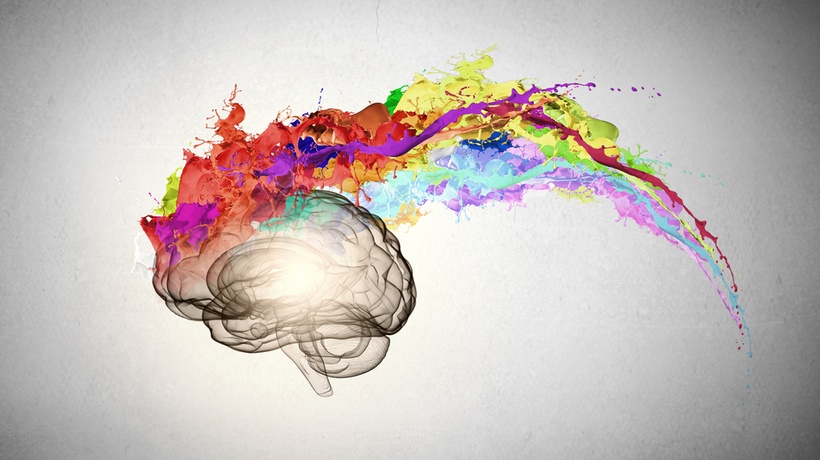Use Of Psychology In eLearning Design
For any form of learning to succeed and achieve the intended learning outcomes, it should be appreciated by the learners or target audience. Akin to making a movie or writing a book for a specific target audience, good eLearning should focus on the learners and be designed to suit their tastes. Psychology plays a key role in helping learning experience designers come up with engaging eLearning solutions. This article will highlight some key psychological techniques that can be used to create a better learning experience.
1. Cognitive Psychology
We talk about diminishing attention spans and always cite the example of the poor goldfish when writing about how learners are no longer focused. This is where cognitive psychology comes into play. Insights from cognitive psychology help learning experience designers come up with eLearning solutions that are interesting, hold the attention of the learners, and motivate them to learn more.
2. Gestalt Psychology
A number of thinkers influenced the development of Gestalt psychology, including Immanuel Kant, Ernst Mach, and Goethe. But it was Max Wertheimer who contributed the most to this school of thought and shaped the idea that the sum need not always be equal to the individual constituent parts that contribute to the final output. The German word "gestalt" is synonymous with "configuration." It is related to the act of combining things together to form a new object.
Gestalt psychology also offers an interesting insight, that humans tend to look at the bigger picture rather than the smaller components. This principle becomes very important when one considers microlearning as a way to deploy eLearning. There could be a small worry that the learners will not focus on the smaller learning nuggets and instead want a larger course. But when this idea is applied properly, microlearning that focuses on one single learning objective and outcome through each learning nugget becomes a success.
3. Color Psychology
Colors play a significant role in our lives. Growing up, everyone has a favorite color, and one tends to have more items of clothing of that particular color. Interestingly colors can also impact how quickly one is able to process information and understand something. If you have read graphic novels or comic books, you would understand how a black-and-white strip differs from a three- or four-color strip, and a full multicolor comic strip. The content and characters may be the same, but the impact that the multicolor comic strip offers will be far better than the other two options.
When it comes to eLearning design, the layout of the course template, the position, shape, and colors of the buttons and indicators in the course can play a key role in the way learners approach the course. In the last decade, there has been a significant shift toward a minimalistic approach and a unified design language and theme.
4. Text Psychology: All About Fonts And Typography
An important element of advertising that applies to eLearning too, text psychology deals with the impact that specific words written in a specific font and size have on readers. Starting with print advertising in newspapers and magazines, have you wondered why full-page ads tend to hold our attention more? The copy and the images covering the entire page tend to draw us more. In eLearning, the layout of content on the template, different font sizes, and a consistent font style can play an important role in how learners associate with the learning content.
5. Spaced Learning
This is an important element of modern eLearning design. The focus is on reminding learners about the learning content that they are accessing through learning nudges delivered at regular intervals. This can be in the form of an email, message, or notification on the company’s social networking site. By delivering reminders with a prompt to learn content at regular intervals, there is a continuous loop of learning. This keeps the learners motivated and also helps them assess their own learning through assessments.
6. Rewards And Recognition
It is human nature to want to feel appreciated and valued. When eLearning courses are dumped on to the learner with no clear path or rewards, there is a lack of motivation among learners to complete the training program. However, if there is a clear path that tells the learners how the courses will benefit them or offers rewards in the form of gifts or shopping vouchers, learners will be motivated to complete the course. Even a simple digital leaderboard that displays the progress of the learners and appreciates their efforts can have a hugely positive impact on the learners.
7. Learner Pedagogy
Pedagogy as a word is often confused and it can cover a wide spectrum of things associated with learning and teaching. A pedagogical approach to teaching is a holistic and unified way of teaching that focuses on different elements and styles of teaching to help learners achieve their goals faster and better. Pedagogical technique, on the other hand, focuses on ideas and theories like flipped learning, deep learning, computational thinking, and spaced learning to offer students a better learning experience.
Conclusion
eLearning when designed with the learners’ best interests in mind tends to work better than a random catalog course. Customized eLearning that focuses on helping learners acquire learning with ease and helps them to retain the ideas acquired through the training content is the best example of a good eLearning course that uses a proper pedagogical approach. Thus, it is evident that psychology influences eLearning design. These are just some aspects of psychology that are used in designing eLearning. If you have more points to add, do share your thoughts in the comments below.









